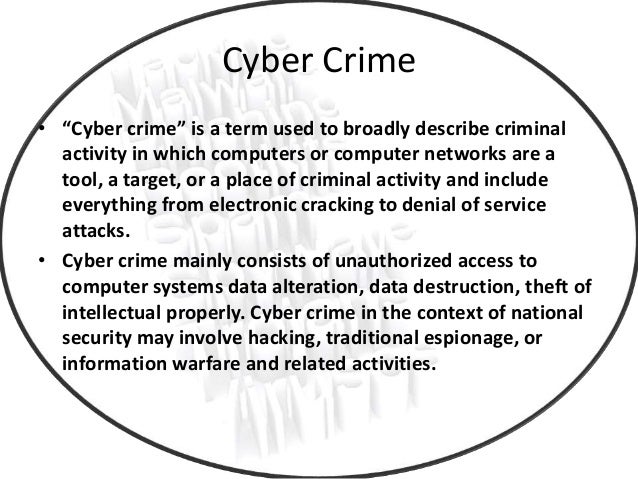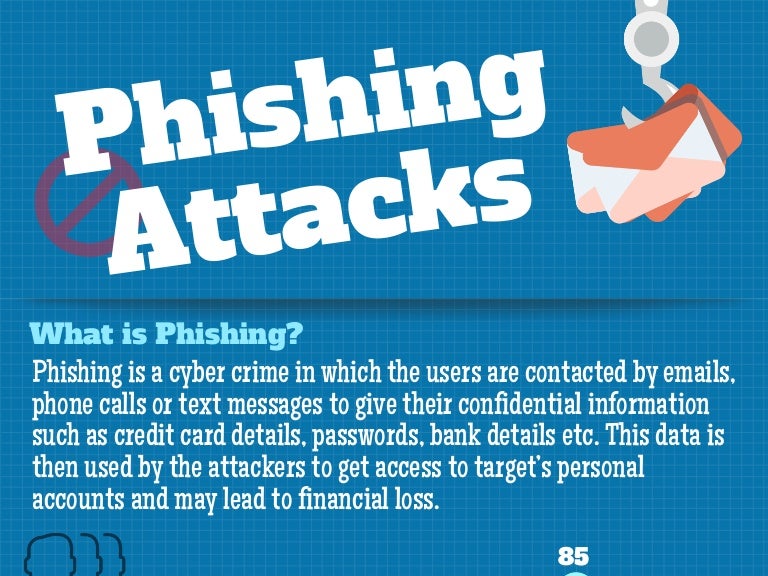Relevance: Prelims/Mains: G.S paper III: Challenges to internal security through communication networks, role of media and social networking sites in internal security challenges, basics of cyber security; money-laundering and its prevention
Context:

• Cybercrime officials in India have been tracking certain apps and websites that produce nude photographs of innocent persons using Artificial Intelligence (AI) algorithms.
So, what is a deep nude?
• Cybercriminals use Artificial Intelligence (AI) software — now easily available on apps and websites — to superimpose a digital composite (assembling multiple media files to make a final one) on to an existing video, photo, or audio.
• Deep nudes are computer-generated images and videos. Essentially, using AI algorithms a person’s words, head movements and expressions are transferred onto another person in a seamless fashion that makes it difficult to tell that it is a deepfake unless one closely observes the media file.
When did deep nudes first surface?
• In 2017, a Reddit user with the name “deepfakes” posted explicit videos of celebrities. Since then, several instances have been reported along with the development of apps and websites that were easily accessible to an average user.
• The debate around “deep nudes” and “deep fakes” was rekindled in July 2019 with the popularity of applications such as FaceApp (used for photo-editing) and DeepNude that produces fake nudes of women.
The objections:
• Because of how realistic deepfake images, audio, and videos can be, the technology is vulnerable for use by cybercriminals who could spread misinformation to intimidate or blackmail people.
• In a presentation, the Fayetteville State University in North Carolina called it one of the “modern” frauds of cyberspace, along with fake news, spam/phishing attacks, social engineering fraud, catfishing, and academic fraud.
Can anyone produce a deep nude?
• According to a CSIRO Scope article from August 2019, Creating a convincing deepfake is an unlikely feat for the general computer user. But an individual with advanced knowledge of machine learning and access to the victim’s publicly-available social media profile for photographic, video and audio content, could do so.
• Even so, there are various websites and applications that have AI built into them and have made it much easier for lay users to create deepfakes and deep nudes. As technology improves, the quality of deepfakes is also expected to get better.
Are deepfakes legal?
• At least in the US, the legality of deepfakes is complicated.
• While a person being harassed by deepfakes may claim defamation, removing such content could be considered censorship, a violation of the First Amendment which guarantees Americans the freedom concerning religion, expression, assembly, and the right to petition.
• According to the Cyber Civil Rights Initiative, 46 states in the US have “revenge porn” laws.
• Revenge porn refers to the creation of sexually explicit videos or images that are posted on the Internet without the consent of the subject as a way to harass them.
What are the catfish accounts?
• According to the Cyberbullying Research Centre (CRC), catfishing refers to the practice of setting up fictitious online profiles, “most often for the purpose of luring another into a fraudulent romantic relationship.”
• An article on CRC says that to “catfish” someone, “is to set up a fake social media profile with the goal of duping that person into falling for the false persona.”
What can you do to protect yourself?
• While it is not easy to keep track of who downloads or misuses your images, the best way to protect yourself is to ensure you are using privacy settings on your social media profiles that suit you.
• If you feel your image has been used without your permission, you could use freely available reverse image search tools to find images that are similar to yours.
• You can also be mindful of who you are conversing with on the web.
• A basic check of their social media profiles, comments on their images, and whether similar profiles exist could help you determine if the person is genuine.
For more such notes, Articles, News & Views Join our Telegram Channel.
Click the link below to see the details about the UPSC –Civils courses offered by Triumph IAS. https://triumphias.com/pages-all-courses.php


